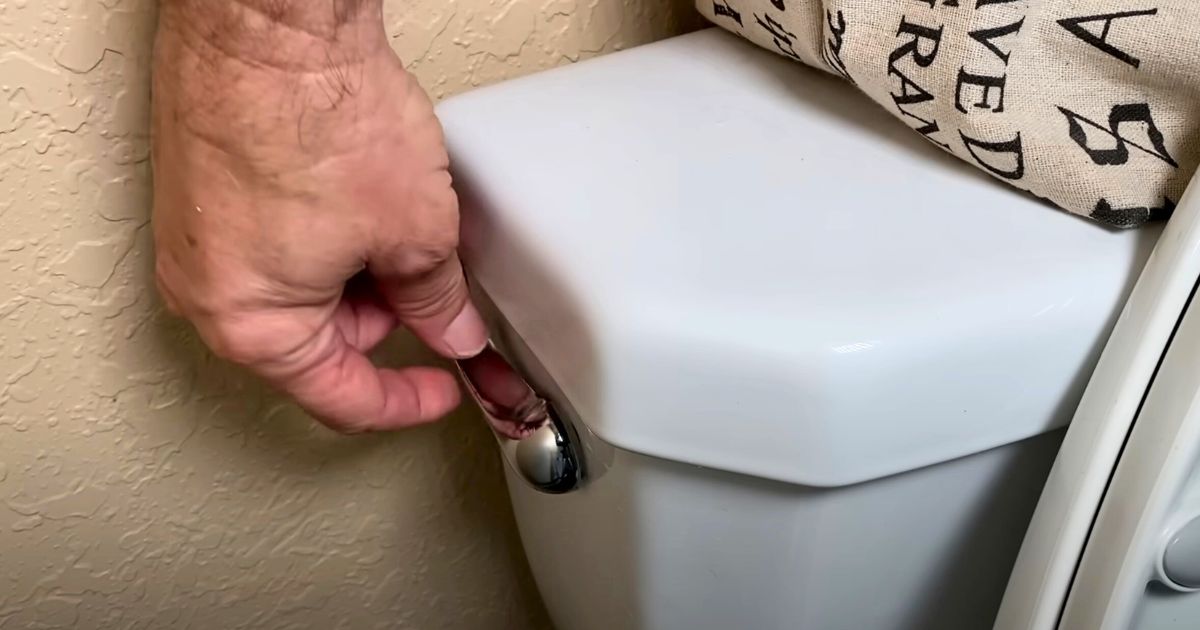Back in the day, home economics was a mandatory part of a woman’s education. In the early 20th century and beyond, girls would learn the ins and outs of homemaking, including laundry, cooking, sewing, care of the sick, house cleaning, and sanitation.
There’s no denying how useful it is to learn these principles of domesticity.
However, the sexist thing about home economics is that boys didn’t take these lessons.


Nowadays, the idea of women and men looking after the home and family is more accepted.
But sadly, home economics classes are dying out, and fewer schools are giving their children – girls and boys – the opportunity to learn the basic skills of adulthood.


Many people want to see home ec being re-introduced to schools so that students are still learning the things that they just can’t learn from Mathematics and History.
This is especially the case in today’s busy world, where parents work long hours and many high school kids come home to an empty house after school. They’re expected to cook for themselves and do the basics, like washing and laundry.
But how many of them are taught at school how to do this?


There’s no arguing the fact that home economics can teach kids to be more independent, too.
A recent study found that 62.7 percent of the 3.1 million 2020 high school graduates in the US were enrolled in college that year.


Many kids swapping home for a dorm room are having to fend for themselves for the first time.
Cooking nutritious meals, regularly doing the laundry, and maintaining a clean living environment are things they’re more likely to do if they’ve actually been taught how to do them at school.
Home ec may have come under fire for being sexist, but that was then.


Societal norms for women at home and in the workplace have now evolved rapidly, and it’s rightly accepted that women aren’t destined for a future of cooking, cleaning, and raising children – unless they want to.
But there’s no reason why home economics can’t still be taught today, to both sexes.


Learning how to cook, wash, and do first aid is a start, but that’s not all.
Imagine if home economics could teach us how to change a tyre, file taxes or change a lightbulb. Many of us don’t even know how to do these things now, as adults, and we might never learn.


Having a dedicated space to learn this as kids makes a whole lot of sense, yet subjects of little use to our future selves are still prioritized in most schools.
Of course, if all else fails, kids can still learn a lot from their own parents.


Taking time to teach kids basic life skills will help them transition to adulthood with confidence.
What do you think? Should schools have dropped home economics as a subject, or are children missing out on a valuable aspect of their education? Be sure to let us know in the comments below.
Please SHARE this with your friends and family.















